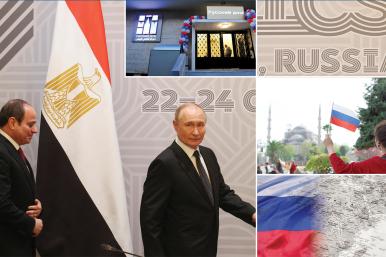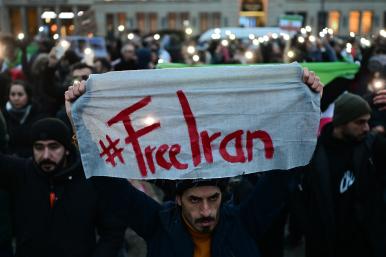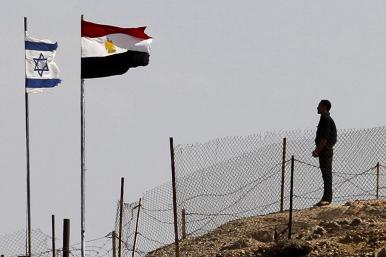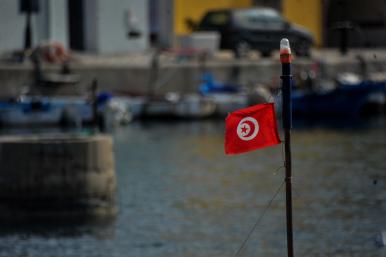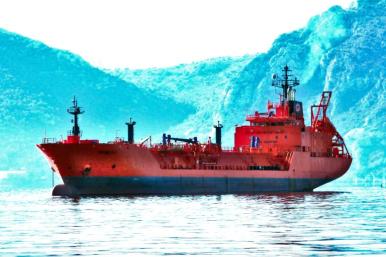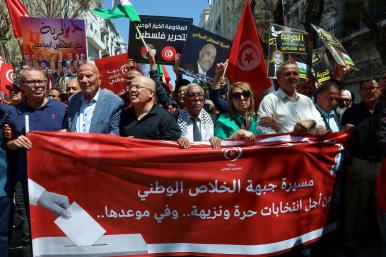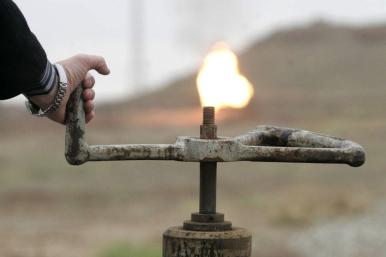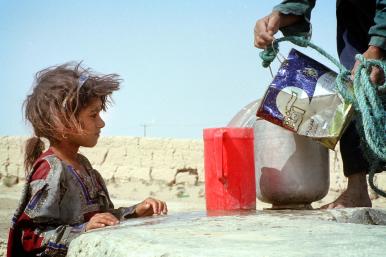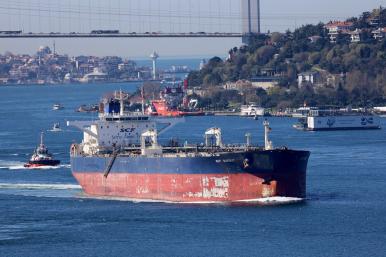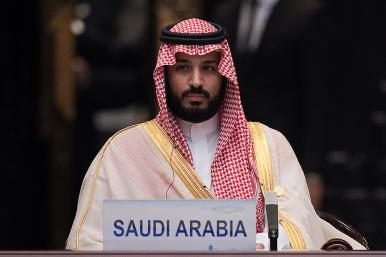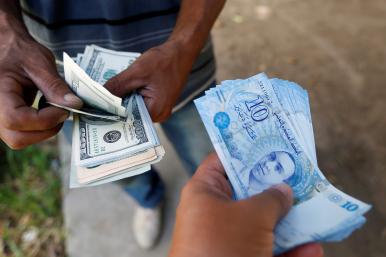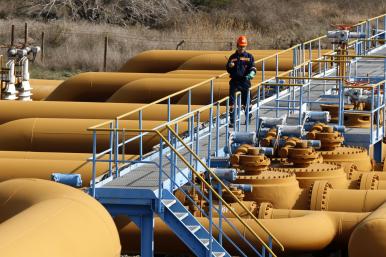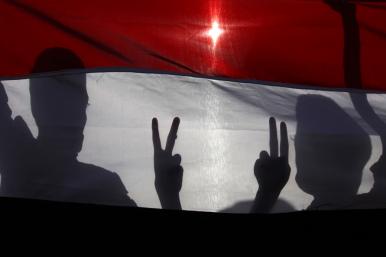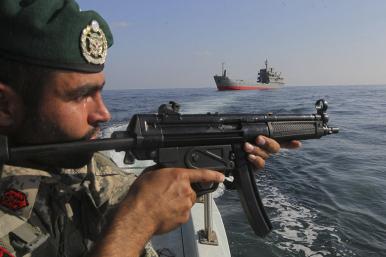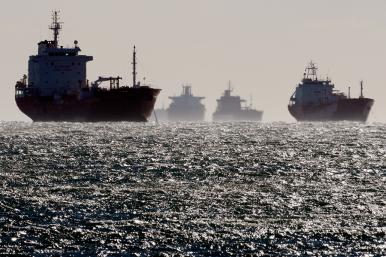Never miss a breaking event on U.S. policy interests in the Middle East. Customize your subscription to our expert analysis, op-eds, live events, and special reports.
Energy & Economics
Policy Analysis on Energy & Economics
Supported by the
Bernstein Program on Gulf and Energy Policy
The Washington Institute's Bernstein Program on Gulf and Energy Policy embodies the Institute's long-term research focus on the conservative Arab Gulf states -- Saudi Arabia, Kuwait, Bahrain, Qatar, the UAE, and Oman -- and the key role these countries play collectively as a primary source of the world's oil and natural gas.
